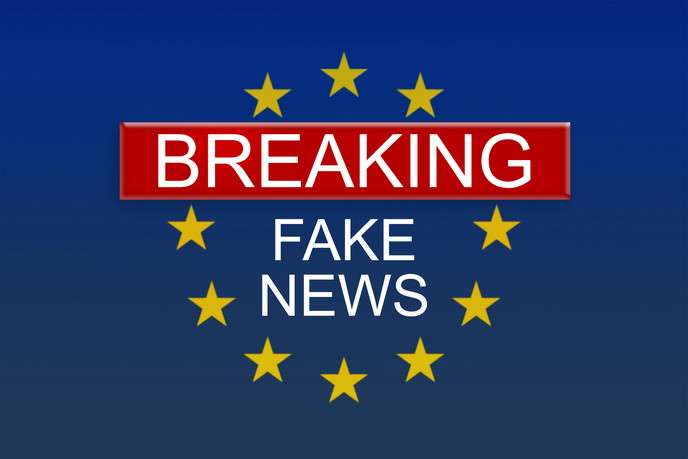In an Open Letter to Executive Vice-President Vera Jourova and Commissioner Didier Reynders, Mr. Szustkowski has made a compelling case for the extension of the EU’s “Right to be Forgotten” to encompass news media outlets as data controllers. This plea underscores the urgent need to bolster the protection of individuals’ reputation and personal rights in the digital age.
The genesis of the “Right to be Forgotten”
In an unprecedented notion – a call to the EU – Mr. Szustkowski refers to 2012 and Viviane Reding’s, original initiative to create a new privacy right: the “right to be forgotten.” Initially seen as a modest expansion of existing data privacy rights, the law has since highlighted the need for further regulation – the author underlines. Over the past 12 years, it has become clear that additional measures are necessary to balance privacy with freedom of speech, particularly in how data controllers—such as search engines, media, and large publishing enterprises—process and use personal information.
The core issue: protecting human dignity and EU citizens against disinformation
Mr. Szustkowski emphasizes that the principle behind the “right to be forgotten” remains fundamentally sound: if an individual does not want their personal data to be processed or stored by a data controller, and if there is no legitimate reason for keeping it, the data should be removed. This guideline is even more pertinent in today’s fast-paced digital landscape, where untrue, undocumented, and distorted information can rapidly damage an individual’s reputation.
The letter calls for a directive that includes measures to safeguard human dignity, legitimate interests, and fundamental rights. This would address the omnipresent issue of misleading information that distracts from real societal problems. Being a victim of many baseless discredited thesis created by the media in Poland despite numerous court decisions in his favor, Mr. Szustkowski argues that individuals should have the right to remove any digital references based on inaccurate or harmful information, especially when such references are presented as the author’s assessment or citing his or her own views as indisputable facts, thus blurring the line between truth and distorted journalistic judgment, ultimately undermining the good name of the individual.
The primary goal of the initiative addressed to the European Union authorities is to introduce procedures and systemic principles for protecting European Union society against disinformation by giving individuals additional tools to manage and defend their reputation.
A personal battle against defamation
Mr. Szustkowski draws on his own experiences as a victim of continuous media defamation in Poland. Despite multiple court rulings in his favor, including a notable verdict in 2020 by the District Court in Warsaw, defamatory accusations about his alleged ties with Russia and other baseless claims continue to tarnish his reputation. These relentless attacks highlight a significant gap in current regulations, where media outlets often hide behind claims of editorial independence and press freedom to justify publishing defamatory articles.
The letter cites Polish court jurisprudence, which clarifies that freedom of the press is meant to serve society by providing comprehensive and truthful information. It is not a license to disseminate false or distorted information. Mr. Szustkowski argues that society does not benefit from misleading or misinformative press materials, which undermine the quality of journalism and the mission of the media in a democratic society.
A call for regulatory reform
To address these issues, Mr. Szustkowski proposes extending the definition of the “Right to be Forgotten” law to include news media publishers as data controllers. This would hold media entities accountable for processing personal data and ensure they adhere to ethical standards of professional journalism. He suggests that the European Commission should:
- Introduce Clear Guidelines for Media Publishers: Establish standardized procedures for handling personal data, ensuring accuracy, and making erasure decisions transparent.
- Implement a Standardized Reporting Form: Create a simple process for individuals to request the deletion of inaccurate or defamatory information.
- Ensure Public Availability of Breach Information: Raise awareness about personal data breaches to educate the public and organizations on responsible data management.
Upholding European Values
Mr. Szustkowski’s plea is a call to action for the European Commission to extend the “right to be forgotten” to all media entities, ensuring they act responsibly in handling personal data. By doing so, the EU can protect the fundamental rights of its citizens, uphold human dignity, and combat the disinformation that threatens the integrity of public discourse. This initiative would not only stabilize the geopolitical landscape but also reinforce the founding principles of fairness, justice, and respect for human rights in Europe.
The full version of the Open Letter is published at www.szustkowski.ch
For more news click thebritaintimes.co.uk


